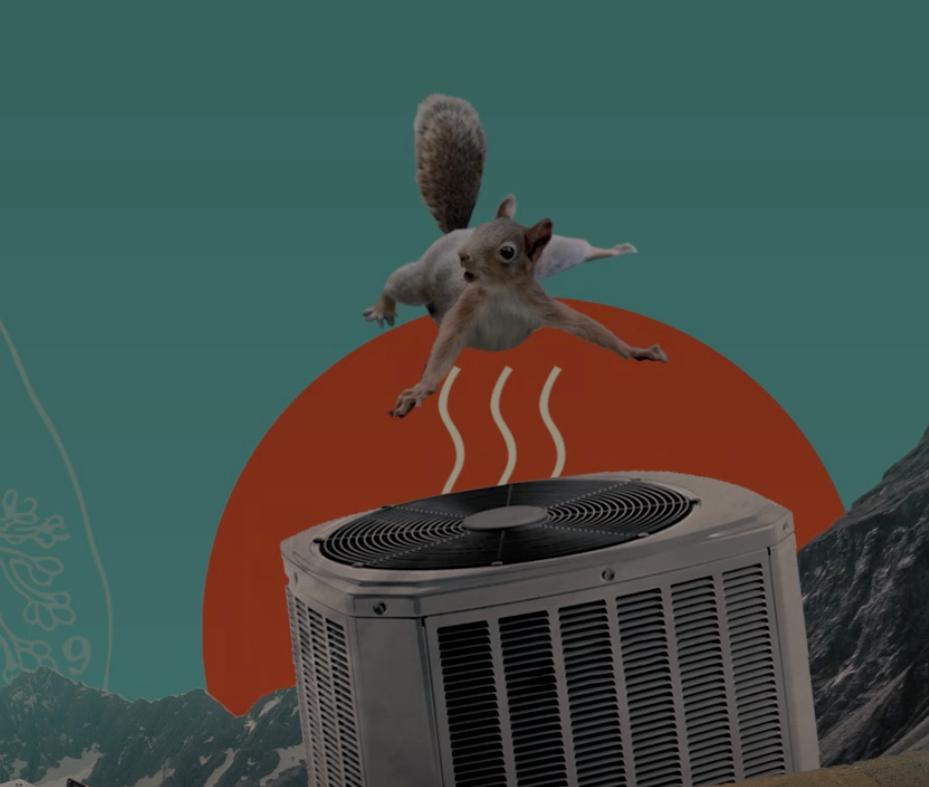Understanding Heat Pump Compressor Costs

A heat pump consists of many parts that work in harmony to effectively heat and cool your home. At the heart of every heat pump is the compressor, which impacts the overall performance and efficiency of the unit.
Although compressors are designed to last the lifetime of your system, they can occasionally fail due to various reasons such as usage or a lack of maintenance. HVAC.com explains how a heat pump compressor works, signs of wear and tear, and the cost to replace this critical component.
What Is a Heat Pump Compressor and How Does It Work?
A heat pump’s compressor is located inside the outdoor condenser unit next to your home. A heat pump compressor operates by transferring heat between your home and the outside air, depending on the season.
During the winter, a heat pump uses refrigerant to extract heat from the outside (even in cold temperatures) and compresses it, raising its temperature before releasing it indoors to warm the space. In summer, a heat pump operates by using refrigerant to absorb heat from the indoor air and transferring it outside. The compressor then pressurizes the refrigerant, allowing it to release the absorbed heat outdoors, thus cooling the interior space. This dual functionality makes heat pumps an efficient option for year-round climate control.
Costs of a Heat Pump Compressor
Heat pump compressor costs can vary widely based on several factors, most notably the brand and compressor type. On average, homeowners can expect to pay between $1,000 and $2,500 to replace a heat pump compressor, including parts and installation.
Some of the main factors that affect the price of heat pump compressor replacement include:
- Type of Compressor: The type of heat pump compressor your system requires can significantly impact the price. Single-stage compressors run at a constant speed, leading to potential energy waste during less demanding conditions. In contrast, two-stage and variable-speed compressors adjust their output more precisely to match heating or cooling needs, resulting in higher upfront costs but improved energy efficiency and lower utility bills over time.
- Brand and Model: High-end brands or models with advanced features or extended warranties might carry a higher price tag. Investing in a reputable brand can often result in better longevity and performance.
- Labor Costs: Installation costs can vary by region and the complexity of the job. If additional repairs or modifications are needed, it can increase the cost of the project.
- Unit size: Larger heat pumps require bigger compressors, which are typically more expensive.
- Refrigerant type: Beginning in 2025, HVAC systems will be required to use new environmentally friendly refrigerants with lower global warming potential (GWP) such as R-454B. The addition of new safety features, as well as complying with government regulations, will cause parts such as compressors to increase.
- Efficiency rating (SEER & HSPF): A heat pump’s efficiency is measured by its Seasonal Energy Efficiency Ratio (SEER) for cooling and the Heating Seasonal Performance Factor (HSPF) for heating. While higher-rated systems may have a greater upfront cost, they often provide long-term savings by minimizing energy usage and extending the lifespan of the compressor.
Signs Your Compressor Needs Replacement
Recognizing the signs that your heat pump compressor may need to be replaced can help avoid a complete system failure when you need your system the most.
- Unusual Noises: Loud or strange sounds, such as banging, grinding, hissing, squealing, or rattling, may signal that the compressor is failing.
- Inconsistent Temperatures: If your heat pump is unable to maintain a consistent indoor temperature, it may be struggling to effectively circulate refrigerant.
- Reduced Airflow: If you notice weak airflow coming from your HVAC vents, it could be a sign that your heat pump compressor is having issues, and it may need to be replaced.
- Frequent Cycling: If the unit turns on and off more frequently than usual, your compressor could be to blame.
- Increased Energy Bills: A significant spike in your energy bills can suggest that your heat pump is working harder due to a failing compressor.
If you notice any of these signs, contact an HVAC technician to inspect the system and determine whether the compressor is at fault and needs to be replaced.
Should You Replace Just the Compressor or the Entire Unit?
Deciding whether to replace just the compressor or the entire heat pump system involves a few considerations. First, think about the age of your current system. If it’s approaching the end of its typical lifespan – around 15 years – it might make more sense to invest in a new heat pump. Newer systems are generally more energy efficient, which can lead to lower utility bills and greater long-term savings.
Next, assess the extent of the damage. If the compressor is the only component that’s failing and the rest of the system is in good shape, replacing just the compressor could be the right choice. However, if you notice wear and tear on other parts as well, opting for a full replacement might be the better route.
Additionally, compare the costs: sometimes the difference between replacing the compressor and buying a new heat pump isn’t significant, making a new system a more appealing option. Upgrading can also provide better energy efficiency, translating into further savings over time.